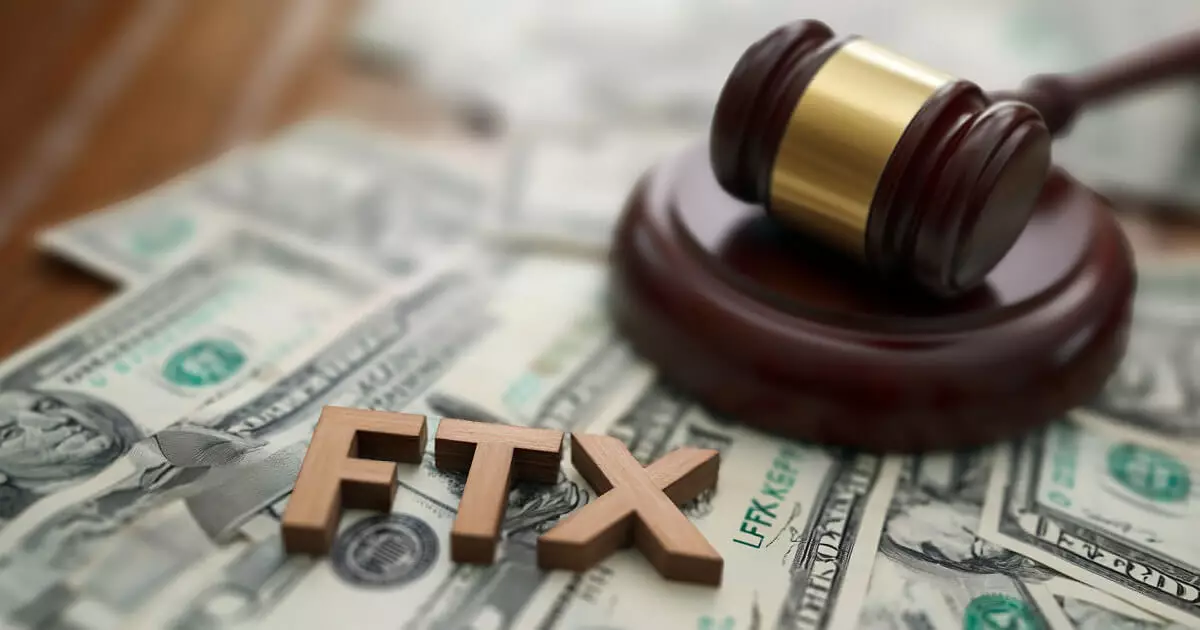The US Securities and Exchange Commission (SEC) has recently raised concerns over the repayment strategy proposed in the ongoing FTX bankruptcy case. The plan, which involves repaying creditors through stablecoins or other digital assets, has sparked uncertainty and controversy within the industry.
In an Aug. 30 court filing, the SEC stated that while it is not providing a definitive legal opinion on these transactions at the moment, it reserves the right to challenge their legality in the future. This move has drawn criticism for potentially prolonging the bankruptcy process and adding another layer of complexity to the already intricate FTX case.
Removal of Discharge Provision
The SEC’s filing also included a request to remove a discharge provision from FTX’s Chapter 11 Plan. This provision would have shielded the company from certain future legal liabilities, which the SEC argues could hinder full accountability in the bankruptcy process. This action demonstrates the SEC’s intention to closely scrutinize how FTX plans to liquidate and distribute its remaining assets.
The SEC’s approach in the FTX case has faced sharp criticism from industry insiders, with many arguing that the agency’s actions could lead to unnecessary delays and complications in the bankruptcy proceedings. Coinbase chief legal officer Paul Grewal publicly criticized the lack of clarity from the regulator, pointing out that the SEC’s ambiguity creates an environment of uncertainty for investors, consumers, and markets.
Grewal’s comments reflect a broader frustration within the crypto industry regarding what is seen as the SEC’s inconsistent and sometimes opaque regulatory approach. The reservations regarding the use of stablecoins in creditor repayments have spurred debates about the classification of these digital assets as securities under federal law.
If the SEC were to successfully challenge FTX’s use of stablecoins for creditor repayments, it could establish a precedent that impacts other companies and creditors involved in similar bankruptcy proceedings. This potential outcome raises concerns about the implications for the broader industry and the treatment of digital assets in legal contexts.
The SEC’s concerns over FTX’s bankruptcy repayment strategy have introduced a new level of uncertainty and debate within the industry. The regulatory actions and responses to the proposed plan highlight the complexities and challenges of navigating the intersection between traditional financial regulations and emerging digital asset technologies. As the FTX case continues to unfold, stakeholders will be closely watching for further developments and potential implications for the evolving landscape of cryptocurrency and blockchain industry regulations.



















Leave a Reply